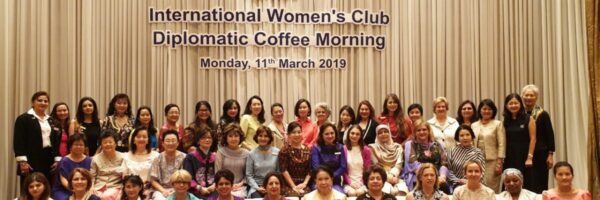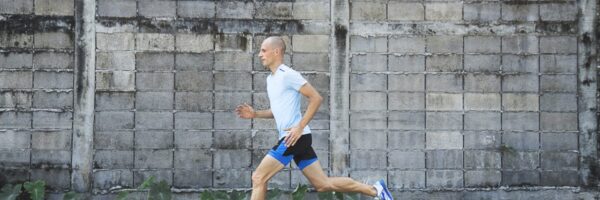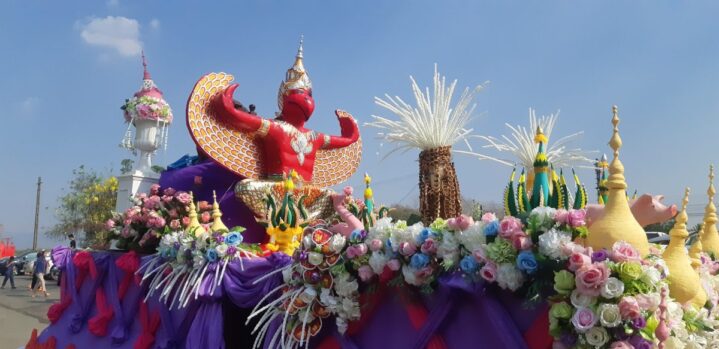
My sweet small town Songkran
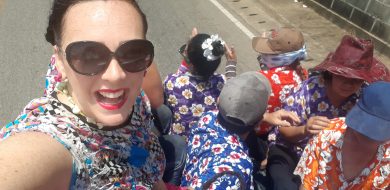
Happy New Year! Again? Yup, that’s right. For those of us lucky enough to live in the Land of Smiles we get to celebrate the holiday not only once, not even twice but three times! I eagerly anticipate each celebration for very different but equally exciting reasons. We all know about the traditions of dropping the ball in Times Square, counting down, smooching a loved one and making resolutions. You may also know about our second New Year which falls sometime between January and March (depending on the year), Chinese New Year. That is where I pull out my awesome red dress that I only get to wear once a year, wait for the red envelope full of money from my boss and have a big dinner with family.
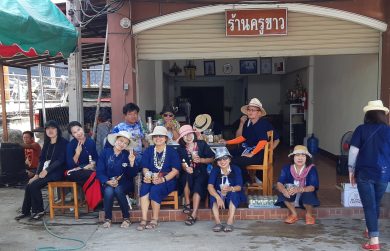
Then there is the Thai New Year. If you live in Thailand you have most likely already seen and possibly participated in the massive water games that are played countrywide for nearly a week, depending upon your location. I too have had my fair share of foam parties and powder puffing from sexy half-dressed ladyboys. This year I am especially excited. I get to experience what I think of as my first true Thai New Year’s celebration. In a small rural town and I look forward to sharing with you the traditional ways the lovely Thai people of Den Chai, Phrae celebrate Songkran. Our preparation for the big holiday this year started in Pattaya, actually. We had taken a short break from the northern smog and were planning our return to the north. My family was discussing which day would be best to travel back and they all agreed that we had to be off the roads before the 10th of April.
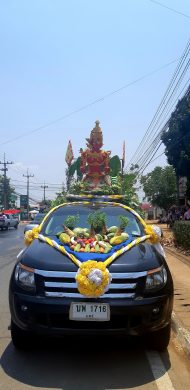
I thought they were possibly overreacting but we enjoyed the clear empty highway on the 9th and returned to our home. From the morning of the 10th on I saw just exactly why they were so adamant about our return date. The roads were just packed! The very same roads we freely cruised just the day before had turned into a slow, endless parade of cars. I also saw the photos of Bangkok becoming a ghost town which was the main reason for all the traffic. On a side note I really loved all the extra rest stops the government had set up. My husband said that anyone can stop, have a coffee or water, massage and rest and it is all free as one of the government’s ways to try to reduce the accidents over the holiday. The reason for this mass exodus is not because the foam parties are more raging in small towns it is because everyone is returning home to see their families. Many people in Thailand leave their children with their parents while they work in the cities.
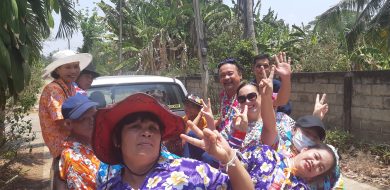
Often people only get one big holiday each year where they get to see their children and or parents. Bus stations and train stations are full of people with gifts to bring home to their family. The most significant gift is that of a new piece of clothing. Thai people traditionally wear a new piece of brightly coloured happy clothing or new outfit to celebrate a fresh start. This is the origin of the flowery Hawaiian style shirts everyone wears. The morning of the 13th of April marked the beginning of the official celebration. All the homes in our village made offerings of rice and water which they set up on tables in front of their houses the night before. On this very special night no one locks their gates because the spirit doctor for the village comes to each house at about 4 am to set the rice offerings into banana leaf bowls with lit incense and candles. He then connects with the ancestors of the household and asks them to watch over and protect the family for the next year.
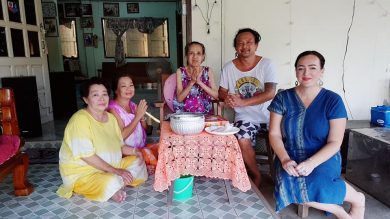
Each person in the village makes a donation to the spirit doctor for his services of approximately 50B. Our village then hosted a gathering to honour the eldest member of our community and mark the beginning of Songkran. People donated items to the temple and there was food for everyone to share. At 96 years old, Yai Mai (Grandma Mai), sat gracefully with impressive posture and a smile that shone from her eyes. The members of the community took turns pouring scented water over her hands to wish her good blessings for the next year and to receive her blessings in return. My family told me that the water over the hands is symbolic of bathing the other person. In the past the family members would actually bathe each other as a ceremonial way of removing all bad energies to begin the New Year fresh and clean. After a nice big meal together and many happy exchanges of good wishes for the next year we headed to the market.
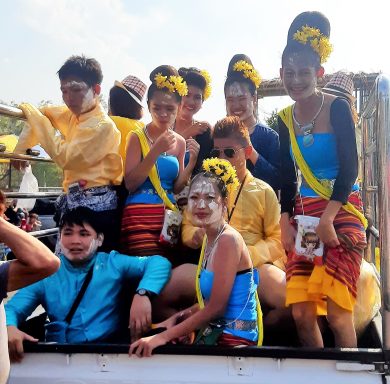
It was fun to drive around our town and see the children playing on the sidewalks. This year is exceptionally hot so there were not many people out but there were children playing in kiddie pools and splashing water on people in the market. Day one was ceremonial, sweet and mild. I only got wet one time when our pharmacist gently poured cold water on my shoulder in the market. Songkran’s second sunrise saluted us with a snake. Walking onto my patio I was surprisingly calm, must have been because I was still half asleep, when I walked right up to a metre and a half long snake. We exchanged stares for about five minutes before he got bored with me and slithered away. Upon sharing this news with the family everyone exploded in happy chatter about how lucky we were going to be this year. I will gratefully accept the luck and I now may need to buy a few chickens and pigs to keep the snakes away.
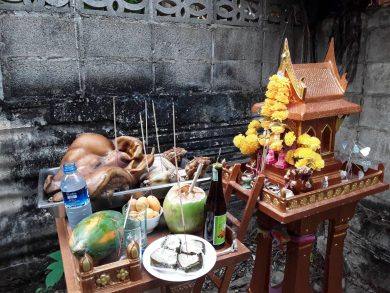
Our morning included a nice trip to the crazy busy local market where we bought Mom new clothes for the New Year and all of the offerings we were going to need for the next few days. Our offerings included a pig’s head because the spirits that oversee one of our homes asked for it. Luckily pig heads are easy to come by here. Then we brought offerings for the local monk to the temple. This was quite nice for me to see because this was not a flashy, beautifully painted and adorned with gold temple. This was truly local style. We sat in a small meeting room on the floor together and made our offerings. Our family has been making the exact same offering to the same monk for nearly 30 years and to other monks at the same temple for generations. We offered water, flowers, incense, food and money. The monk serves as a medium between us and our deceased family members so by offering him the food we are offering it to our family members who have passed away.
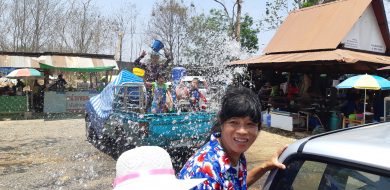
We also brought along a beautiful flag and decorative banner which we put into sand on the temple grounds. This is because in the past Thais would bring sand and make little stupas on the temple grounds as an offering. Sand was very useful for many things around the temples in the past but they no longer need it as much so we offered this flag and banner as a symbol of what was done in the past. After receiving the traditional blessings from the monk including him sprinkling water on us and adorning our wrists with 9 strands of white thread we headed back home. Most family members had already returned home and were sharing dinner together. We did see more kids playing with water in the streets and they gently splashed a tiny bit on us offering a much appreciated escape from the heat. That evening was mostly spent drinking local moonshine and singing karaoke. Great fun at the time but not super great the next morning.
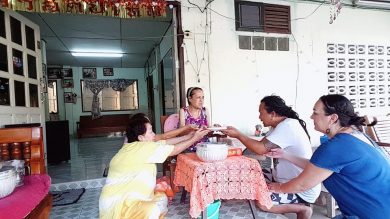
On the third day we woke up bright and early to make our offerings at our spirit houses. Each home here has a spirit house where we make offerings once a year to our ancestors. Our village spirit doctor contacts the deceased to decipher what and when we are to offer. We went to each of our families homes and made our offerings then got ready for a family dinner with relatives who had returned from Bangkok. That day was very interesting for me to watch because I was fascinated by how everyone just seemed to know the rhythm of the day without saying anything. Food was prepared, eaten, moonshine was drunk and one by one everyone relaxed in a big line on the floor and slept or chatted. That evening we made offerings to the elders in our village. The 4 eldest neighbours received visitors all day from family and friends who brought along offerings of scented water and money. We received good wishes for the New Year from them and then adorned our heads with the scented water.
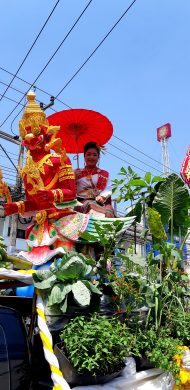
It was so incredible to look into their wise eyes and listen to their heart felt wishes for our lives. I wish that we treasured our elders in other countries like this because it really felt like we placed them in a position of honour and, in my opinion, they deserve that. We completed our day of “lod nahm dum hua” or the ceremony of adorning ones head with water by pouring water on the shoulder of our Buddha statues.
This is done to as a symbol of cleaning away the energies from our last year and starting fresh. All of this and we had not even started to play with water yet. Day five brought out the water hoses and the party got started. My husband and I got to walk in our cities parade to represent our village. Each of the villages in our city made a float of this year’s symbol for New Years. This year Songrkan began on a Sunday so our Nang Songkran, beautiful sister, is Tungsatevee and she will ride on the Garuda. The Garuda is a birdlike mythological beast with a lot symbolism and deep meaning for Thailand.
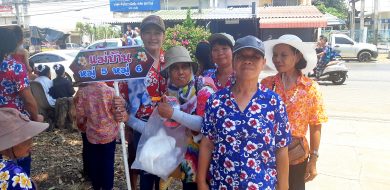
It is currently the symbol for the country as well. Each village has their contestant for the annual beauty pageant ride on the float. It was quite exciting for me to carry the sign for the mothers of our village.I believe that I was the luckiest person there because everyone wanted to pour water on the only farang, foreigner, walking in the parade. I was covered in powder and danced my way from one end of town to the other where the judges welcomed me to Thailand, a lovely sentiment. The community then gathered to watch the beauty pageant, play with water and dance the night away. Day six was the big parade in the centre of our province. We went to relax, watch the parade and play with water. The final day of official celebrations was the seventh day when we gathered one more time with our village members to “lod nahm dum hua” and pay respects to the elders in our community. We also did a prize raffle and just relaxed together after the intense week of ceremony and party.
To sum up my slow life Songkran experience in our small town I would use three words; respect, ceremony and renewal. The party aspect was more like a side note at the end rather than the focus. The sweet serenade of Songkran has snuck into my heart forever. Best wishes of good health and lots of love to you all.


